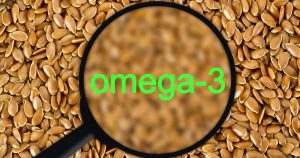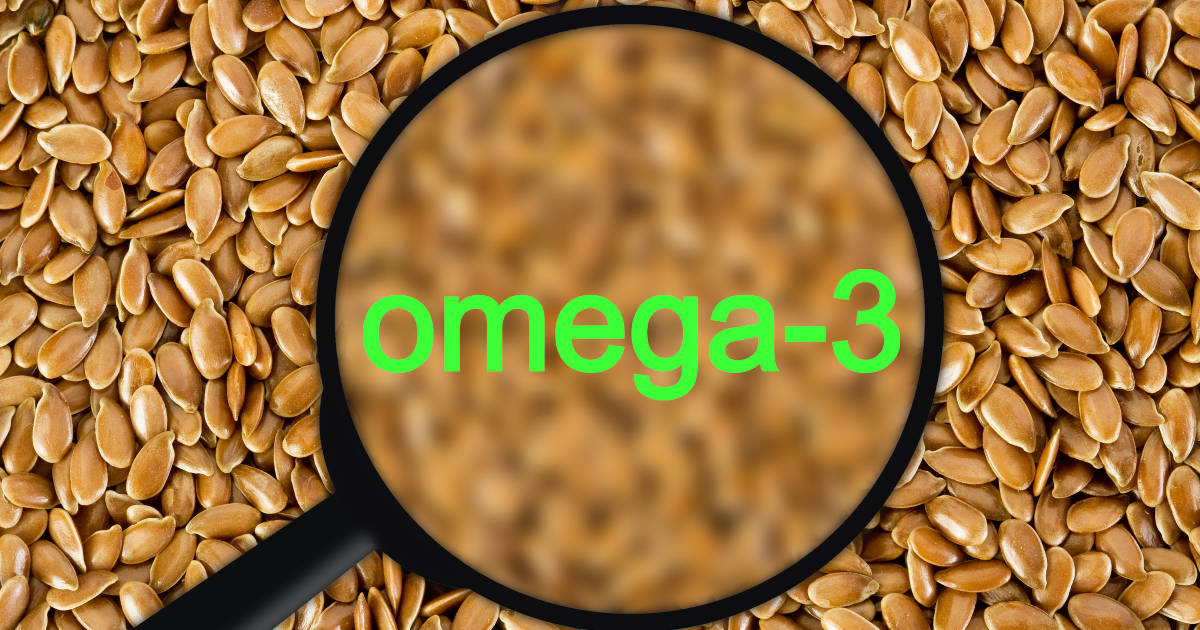Omega-3 fatty acids are crucial for maintaining overall health and well-being. While fish and leafy greens are well-known sources, several other foods offer substantial omega-3 content, providing diversity to your diet and expanding your nutritional intake.
Understanding Omega-3 Fatty Acids
Omega-3 fatty acids, such as ALA, EPA, and DHA, are essential nutrients known for their role in reducing inflammation, supporting heart health, and enhancing cognitive function. Diversifying omega-3 sources contributes to a well-rounded dietary approach.
Beyond Fish and Greens: Other Omega-3 Rich Foods
Exploring a variety of lesser-known foods rich in omega-3s allows for dietary diversity and nutritional benefits beyond traditional sources. Incorporating these options can be especially beneficial for individuals with dietary restrictions or preferences.

Top Other Omega-3 Rich Foods
1. Hemp Seeds: Balanced Omega-3 Source Hemp seeds offer a well-balanced ratio of omega-3 to omega-6 fatty acids, promoting heart health and reducing inflammation. Incorporating hemp seeds into meals enhances their nutritional value and adds a nutty flavor.
2. Algal Oil: Plant-Based DHA Source Algal oil provides a vegetarian/vegan-friendly source of DHA. Its incorporation into the diet ensures adequate intake of this essential omega-3 fatty acid crucial for brain health and development.
3. Soybeans and Tofu: ALA-Rich Plant-Based Options Soybeans and tofu contain ALA, contributing to omega-3 intake for individuals following plant-based diets. These versatile options offer various culinary uses and serve as rich sources of protein and nutrients.
4. Eggs Enriched with Omega-3s Eggs enriched with omega-3s provide an alternative source for those seeking to increase their omega-3 intake. They offer the benefits of omega-3s while being a convenient addition to daily meals.
Cooking and Meal Preparation Tips
- Optimal cooking methods to preserve omega-3 content in these foods include gentle cooking or minimal processing.
- Recipe ideas incorporating hemp seeds, algal oil, soybeans/tofu, and omega-3 enriched eggs to create flavorful and nutritious meals.
Health Benefits of Consuming Other Omega-3 Rich Foods
Diverse omega-3 sources offer a range of health benefits, including improved heart health, reduced inflammation, and potential cognitive enhancements. Scientific studies emphasize the importance of these foods for overall well-being.
Sustainability and Considerations
The production and consumption of diverse omega-3 sources often have lower environmental impacts compared to traditional sources. Understanding individual dietary needs and preferences is crucial for incorporating these foods into a balanced diet effectively.
Supplements and Alternative Sources
While these foods offer omega-3s, supplements or alternative sources may cater to specific dietary requirements or restrictions. However, it’s advisable to consult healthcare professionals for personalized guidance before considering supplementation.

Conclusion
Incorporating diverse omega-3 rich foods beyond fish and greens provides dietary variety and nutritional benefits. From hemp seeds to algal oil, soybeans/tofu, and omega-3 enriched eggs, these flavorful additions contribute significantly to a well-rounded diet, supporting overall health and vitality.




